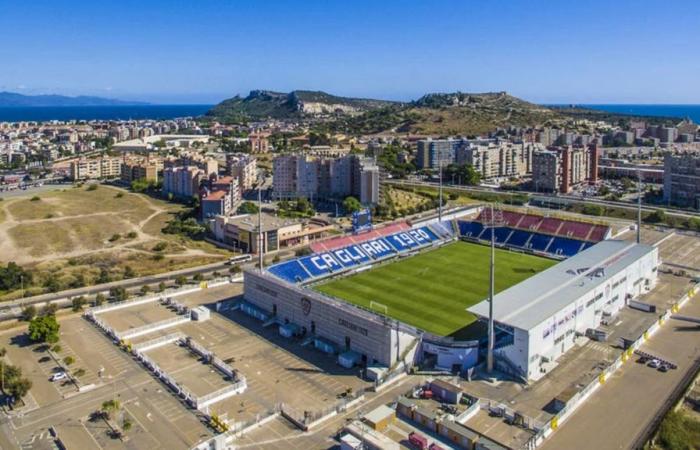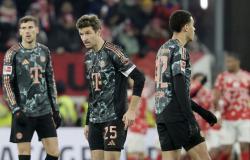D
n the new stadium in Cagliari there is still no shadow. Maybe (just maybe…) the tender for its construction will be launched in the spring of next year. It should rise in place of Sant’Elia which for the moment remains there, abandoned in its majesty if it weren’t for some pieces of steps missing here and there. This season too, Atalanta plays at the Unipol Domus, that is, 4 very well-built tubular stands, a very dignified temporary solution which is taking on more and more permanent features year after year. But in the end it is still acceptable for the rossoblù fans, also because since the closure of Sant’Elia, the 2011-12 season, they have seen all sorts of things: one name above all, Is Arenas, which still gives shivers in these parts . If at first glance the name seems to refer to the arena, in reality in the Sardinian language it refers to the sand (which in Italian can also be called “sand”): a story as exotic as it is unfortunate. We are in Quartu Sant’Elena, technically in the metropolitan city of Cagliari, in numbers the third largest city on the island after the capital itself and Sassari, almost 70 thousand inhabitants. The football team has also played in Serie C2 in the past but has the sad record of being the first Italian team banned in the middle of the championship due to financial defaults (plural, strictly) in the 1983-84 season. This story instead begins in the new millennium, the 2012-13 season when Massimo Cellino’s Cagliari, now engaged in Brescia in his favorite sport, eliminating coaches in series, decides to leave a Sant’Elia in decline and destined for a capacity in any case reduced. Please note, the facility was built in 1970 to replace the Scudetto’s Amsicora (which is one kilometer away as the crow flies) and rearranged twenty years later for the football World Cup, but that’s it.
Senegal






